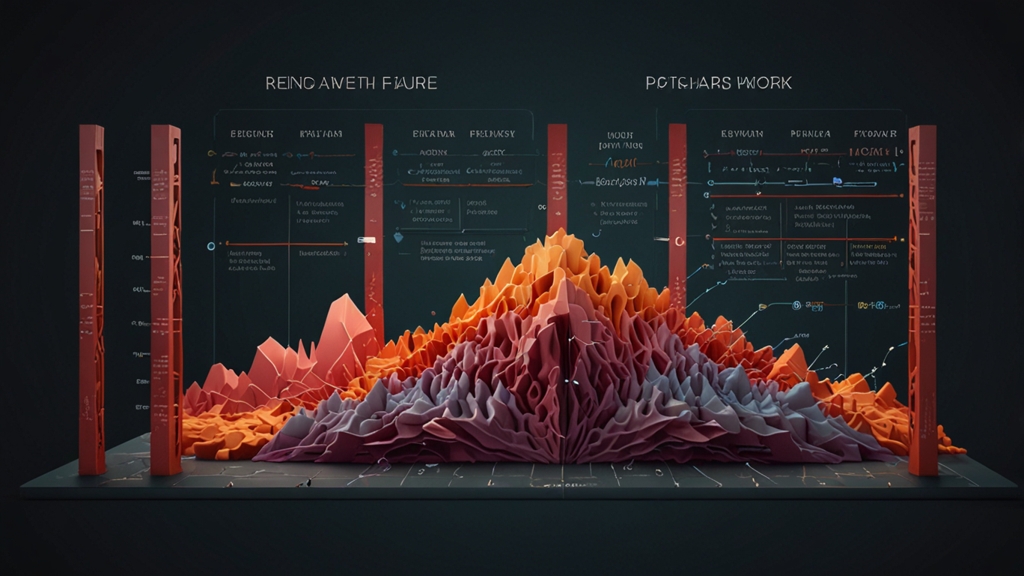Are Prophets Real? The Battle Between Faith and Skepticism
The concept of prophets has been a central theme in many religious traditions and spiritual beliefs, promising divine guidance and foretelling future events. However, the existence and authenticity of prophets have also sparked intense skepticism and scrutiny. This dichotomy between faith and skepticism continues to fuel a captivating debate: Are prophets real?
The Faith Perspective
For believers, prophets are more than just historical or mythical figures; they are conduits of divine wisdom and messengers of a higher power. Scriptures from various religions—whether it be the Bible, Quran, or Bhagavad Gita—speak of individuals chosen by God to deliver prophetic messages. These texts often underline the moral, ethical, and spiritual significance of prophets, providing not only foreknowledge but also guiding principles for humanity.
"Prophets are not mere storytellers but are central figures who guide faith communities, acting as a bridge between the divine and human realms."
For many, the words of prophets carry an unquantifiable sense of truth and divine support. Their prophecies are seen as acts of faith, contributing to a spiritual framework that guides everyday life and cosmic understanding. Tales of fulfilled prophecies and the profound change brought about by their messages are frequently cited as evidence of their legitimacy.
The Skeptical View
On the other hand, skeptics challenge the very existence and necessity of prophets, often attributing their influence to psychological, social, or political factors rather than divine intervention. Skeptics argue that prophecies can often be vague and open to interpretation, making them susceptible to retrofitting or confirmation bias when events seem to align with them.
"It's easy to make a prophecy seem fulfilled when you interpret events to fit the prediction, rather than the other way around."
Moreover, the history of false prophets and charlatans who have manipulated faith for personal gain serves as a cautionary tale. The exposure of such figures has often led to societal disillusionment, raising questions about the reliability of any prophecy. Rationalist thinkers argue that extraordinary claims require extraordinary evidence, which is conspicuously absent in many prophetic assertions.
The Middle Ground
Interestingly, some individuals and scholars strive to find a middle ground between faith and skepticism. They acknowledge the historical and cultural significance of prophets while advocating for a more nuanced understanding that balances spiritual belief with rational inquiry. For these individuals, the symbolic and moral teachings of prophets hold value, even if the literal truth of their divine connection is subject to question.
"Understanding prophets through a metaphorical or allegorical lens allows us to appreciate their teachings without necessarily subscribing to a literal interpretation of their divinity."
This middle ground offers a platform for interfaith dialogue and academic discussions, encouraging respect for diverse beliefs while fostering critical thinking. It highlights the transformative power of prophetic messages as cultural and ethical touchstones, irrespective of one's stance on their divine origin.
Conclusion
The question of whether prophets are real remains a deeply personal and often polarizing issue. For believers, prophets represent an essential connection to the divine, offering guidance and hope. For skeptics, the notion of prophecy requires rigorous evidence and critical examination. As long as humanity seeks to understand the mysteries of existence, the debate between faith and skepticism over the reality of prophets will persist. What is undeniable, however, is the profound impact prophets have had on the course of human history, shaping moral and ethical paradigms that continue to influence us today.








